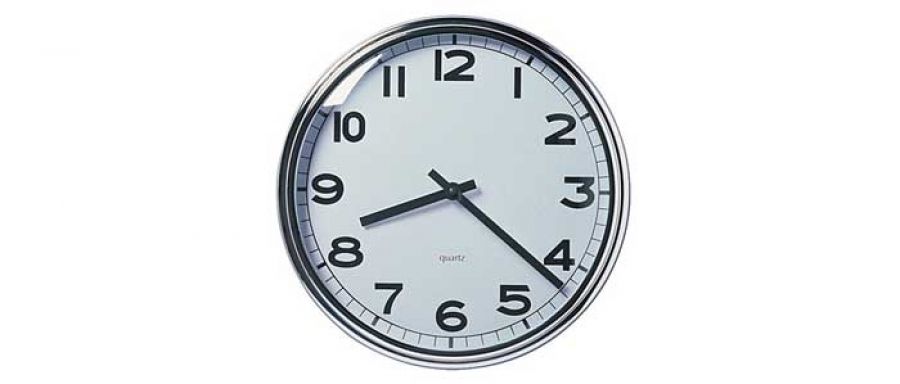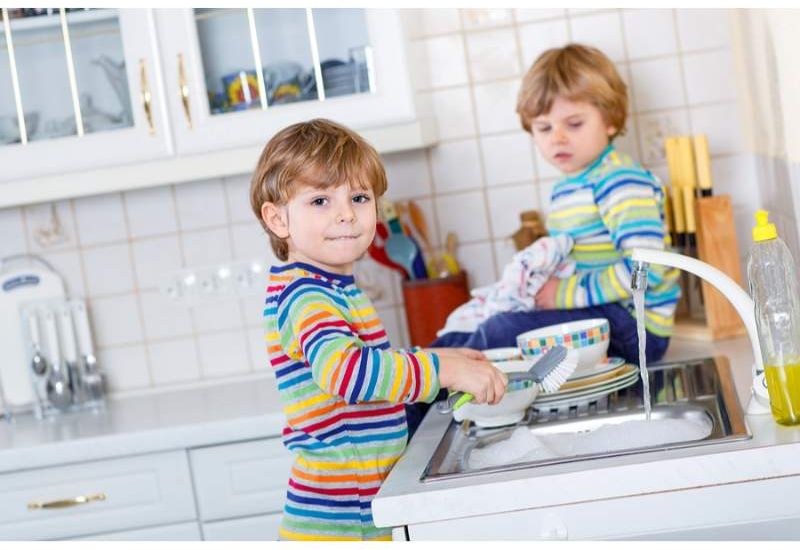
Teaching Responsibility for Lifelong Success
Responsibility! EEK! That is a word that scares children, but parents love it! As parents, one of our greatest goals is to guide our children to be successful, hard-working, and persistent members of society. By teaching responsibility at a young age, we can set our children up to achieve all of these goals. But how do we teach responsibility to our children and what is the appropriate age?
The dictionary definition of responsibility is “doing what is needed to take care of yourself, your family, your friends, and the greater community.” Being responsible means others can rely on you and that you follow through on your promises. Children are not born with the innate ability to take responsibility for items, chores, or for themselves. They need time to develop responsible habits, learn from their mistakes, and experience a sense of ownership for their actions. They also need someone to model the behaviors that are acceptable.
As children grow in their duties they will learn that taking the responsible path will sometimes prove to be difficult.As parents, we can start to teach these traits as early as two years old. Starting at this young age gives children the sense of feeling needed and helpful. As they grow, their duties should grow. For instance, start with brushing teeth and hair. Then move on gradually to getting dressed independently, picking up toys, packing a backpack, keeping up with homework assignments, and lunch for school, etc. Teaching children in stages will also help them set goals for themselves and teach them to become more independent individuals.
Once your child has mastered taking on more than one responsibility a day or week, teach him to become organized with his “jobs.” Show your children how to write important assignments, dates, reminders and “to dos” on a calendar and help them with time management of these activities.
As children grow in their duties they will learn that taking the responsible path will sometimes prove to be difficult, like studying for a test or giving up toy time or a sport to complete an important task. It is important to always try to compliment them on how responsible they are when they have met a goal, even at the age of two. It will help them to feel valued and they will start to develop a sense of pride and see themselves as capable and competent members of a community.
If they choose to ignore one of their own responsibilities it is important to remember not to bail them out. Instead, after giving your child one gentle reminder of his “job,” let the child forget his homework or backpack for that day or not put his clothes away. He will soon understand the consequences for his actions. At the end of the day focus on what he could do to change the behavior for the next day. Remember, children learn from their mistakes. Soon your child will start to think of his chores and homework as needed life skills instead of duties. I can’t guarantee he will love taking ownership, but it will become part of his everyday routine and make his school years much easier.
There are many places on the internet to find age appropriate “at home” chores, but I have listed a few for you. Please feel free to try some at home or add new ones that will help your family routine flow better and help your son become a better student. Use a chore chart and, if needed, an incentive board — but remember, responsibilities should, in the end, help your child understand it is his job to take care of himself, his family and his community.
Ages 2 to 3
- help make bed
- put away clothes
- dust with a rag
- collect dirty clothes
- clean baseboards with wipe
- pick up toys
- put school bag by the door
- brush hair
- brush teeth
Ages 4 to 5
- all previous listed
- dress themselves
- match socks
- feed pets
- water plants
- help pack lunch
- empty garbage
- sweep
- vacuum floors
- clean under bed
- set table
- load dishwasher
- water plants
- clean room
- start a homework time
- put homework in appropriate folders
Ages 6 to 9
- all previous listed
- clean toilets
- bring garbage up from curb
- sort laundry
- help with meal prep
- empty dishwasher
- pull weeds
- pack backpack
- start an assignment calendar
Ages 10 to 12
- all previous listed
- take out trash
- fold laundry
- mop
- help with cooking
- walk pets
Age 13 and older
- all previous listed
- mow yard
- make grocery list
- make easy meals
- clean fridge
- help plan family trips or research for the trip
This email address is being protected from spambots. You need JavaScript enabled to view it.
Available year-round!
We love showing off our campus and our boys.
To Schedule a tour, contact Rachel Bishop, Director of Admission at











